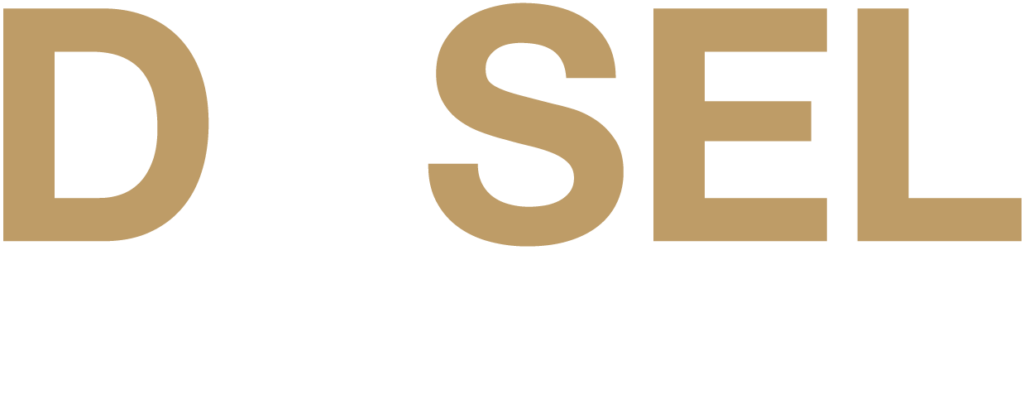Transitioning to the latest version of your ERP system is an extremely educational project. Of course you're doing it to take the organization to the next level, but there are a few more important lessons you'll learn at the end of it.
1. How business processes can be better streamlined
During an ERP upgrade, you'll take a critical look at the business processes and how they are designed. You will soon find out that there are gains to be made here for the organization:
- Processes are not established or not fully established; in fact, there is no process for it;
- Processes can be more efficient; for example, there are redundant steps or steps that can be automated;
- Processes are no longer current, they no longer fit the current organization.
So the ERP upgrade is an opportunity to streamline business processes. Together with the specialists in your company and from the ERP partner, you are going to map and optimize all processes to be completely ready for the future.
2. What hidden opportunities exist to become more successful
ERP software forces you to work a certain way, and you get used to it. Upgrading to a new version forces you to rethink how you do the things you do. By looking at it with fresh eyes, you discover new possibilities. For example, a process that can be much faster, a process that can be automated or a way of working that leads to higher customer satisfaction.
"Together with the ERP partner, look at the standard ERP application and the 'best practice' for each process."
3. What the qualities of your employees are
An ERP upgrade is not a press of a button after which an update is installed. As an organization undergoing an ERP upgrade, you yourself play the lead role. Your people are asked to think critically about business processes, learn new processes and software, test carefully, document and share knowledge internally. Not everyone has the qualities to do this, and an ERP upgrade makes that clear. That experienced, knowledgeable employee of yours may suddenly fall through, while that quiet junior employee shows qualities you weren't aware of.
4. To what extent the ERP software still fits the organization
Since the last ERP project, your organization has undoubtedly changed considerably. And so has technology and legislation, for example. That means the ERP software no longer suits your organization in some areas. Certain setups and custom applications you chose in the past may no longer be needed now. Therefore, work with the ERP partner to look at the standard ERP application and best practice for each process. Staying close to the standard is more beneficial than developing extensive client-specific, custom applications.
5. What new features the new version offers
A new version of the ERP system brings with it new capabilities. Because of developments in technology, in automation and in features. Especially when you're working with a very outdated version, the difference can be enormous. New possibilities, processes that run faster and better, easy and pleasant work. You can expect these advances from a modern ERP system. But beware: it offers new opportunities, but also requires adaptability. Make sure everyone is prepared to take the time to learn to deal with the new system and to accept that processes run differently than they are used to.


